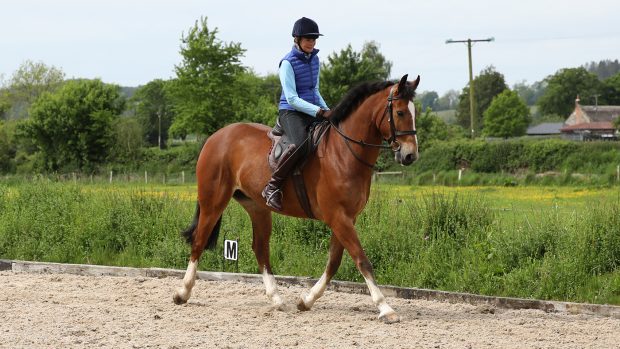Top riders share their tips for beating the effects of hormones in competition mares
• Lucinda Fredericks has eight eventing mares in her yard, four of which are on Regumate.
She says: “Neither of my top mares, Brit [Headley Britannia] nor Prada, are on any form of medication — in fact, the year Brit won Badminton [2008], she was in season.
“Every mare is an individual; some are mareish, some aren’t, but, for those who are, I would always try them on Regumate.
“It doesn’t work in every case, but most of the time it gives them a little bit of help.”
• Richard Davison’s Olympic dressage partner Ballaseyr Royale was on Regumate when she competed in Athens 2004.
He explains: “When a mare comes into season she can be at a definite disadvantage, so it’s only fair that she should be able to be given medication to help put her on a level playing field competitively with the geldings.
“As far as the future is concerned, I would welcome any kind of scientific development that benefits a competition mare long-term, but it must not compromise their welfare — either now or later on in their career.”
• Helen Tredwell has never used any form of medication to manage oestrus in her top showjumping mares.
She says: “I have never found them a problem when they are in season. Neither Opportunity B nor Naomi V has ever been affected by their hormones.
“But if they were, I certainly wouldn’t have any hesitation putting them on a supplement.”
For the full article on managing competition mares, see the current issue of Horse & Hound (1 July, ’10)



